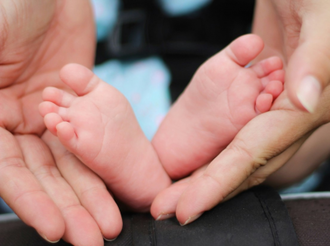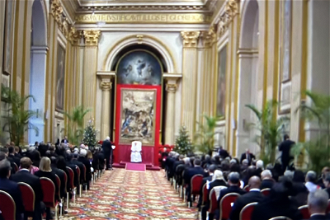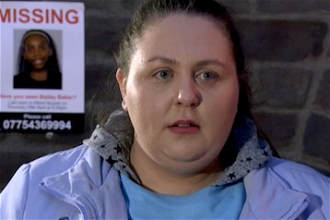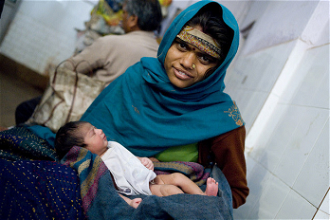International conference demands end to surrogacy

Photo by Bonnie Kittle on Unsplash
Source: Vatican News
Experts from around the world are taking part in a conference in Rome to discuss issues surrounding surrogacy. The conference is organized by the collective that signed the Casablanca Declaration in 2023. The Holy See is participating, but several participants stressed that this issue is not just a serious matter for the Catholic Church but a concern for people of all faiths and none.
On 3 March 2023, a hundred experts from 75 countries, including jurists, physicians, psychologists, and philosophers, signed the 'Casablanca Declaration' from the Moroccan metropolis, calling for the establishment of a treaty abolishing Surrogacy.
Convinced that "the contract by which one or more principals agree with a woman to carry a child or children for them for delivery at birth, regardless of its designation and terms," the participants called on States, through this text, to condemn surrogacy "in all its forms and under all its forms, whether paid or not, and to adopt measures to combat this practice."
This demand is at the heart of two day an international conference which opened in Rome today, at the premises of Lumsa University. The participants include numerous Italian politicians, the Minister of Family, Eugenia Rocella, as well as jurists or lawyers from several continents.
Among those present is Reem Alsalem from Jordan, the United Nations Special Rapporteur on Violence against Women and Girls.
The Holy See is represented by Mgr Miroslaw Wachowski, Under-Secretary for Relations with States and International Organizations.
Bernard Garcia-Larrain, coordinator of the Casablanca Declaration, aims to raise awareness about commodification. The objective of the conference is to highlight the ethical limits represented by surrogacy which has become a booming business. According to Olivia Maurel, spokesperson for the Casablanca Declaration, the surrogacy market represented 14 billion euros worldwide in 2022.
Experts from over 80 countries have now signed the 2023 declaration and are working towards an interdisciplinary international treaty to be adopted diplomatically, Bernard Garcia-Larrain, a Franco-Chilean lawyer and network coordinator explained.
He said: "For us, this is not a fight that should be linked to a political colour, but rather a fight of humanity since we aim to protect women from this global market, from this exploitation, and obviously also the children who are the subject of a contract."
According to Bernard Garcia-Larrain, denouncing the commodification represented by surrogacy is not enough.
The Declaration's promoters state that it is first necessary to inform people about the reality of the phenomenon, a reality still too unknown by leaders.
Pope Francis supports the campaign. Yesterday afternoon he received some members of the network privately.
During his annual speech to ambassadors on 8 January, the Holy Father publicly lamented that "the practice of surrogacy seriously harms the dignity of women and children," denounced the surrogacy market before his guests.
"I found him extremely well informed scientifically," explained Olivia Maurel, herself born of a surrogate mother. The young woman, said that as an atheist, she did not wish to meet the Pope as a religious figure but as a moral voice and Head of State. She pointed out that Pope Francis mentioned the transfer of stem cells that is transmitted to the mother by the baby she carried and then removed from her.
As well as meeting with the Pope, members of the Casablanca Declaration had extensive discussions with Cardinal Pietro Parolin, Secretary of State. He said the Holy See was working for a treaty to abolish surrogacy in the same spirit as it was working for one banning nuclear proliferation.
"We have already been invited by the Holy See to the United Nations, three weeks ago now, as part of the commission on the dignity of women," Bernard Garcia-Larrain said. He added: "it is not a religious voice that we came to seek, like all the great struggles of humanity, this goes beyond believers and cultures, and Pope Francis talks a lot about the culture of dialogue. We are happy to have initiated this process, even if it will take time."


















